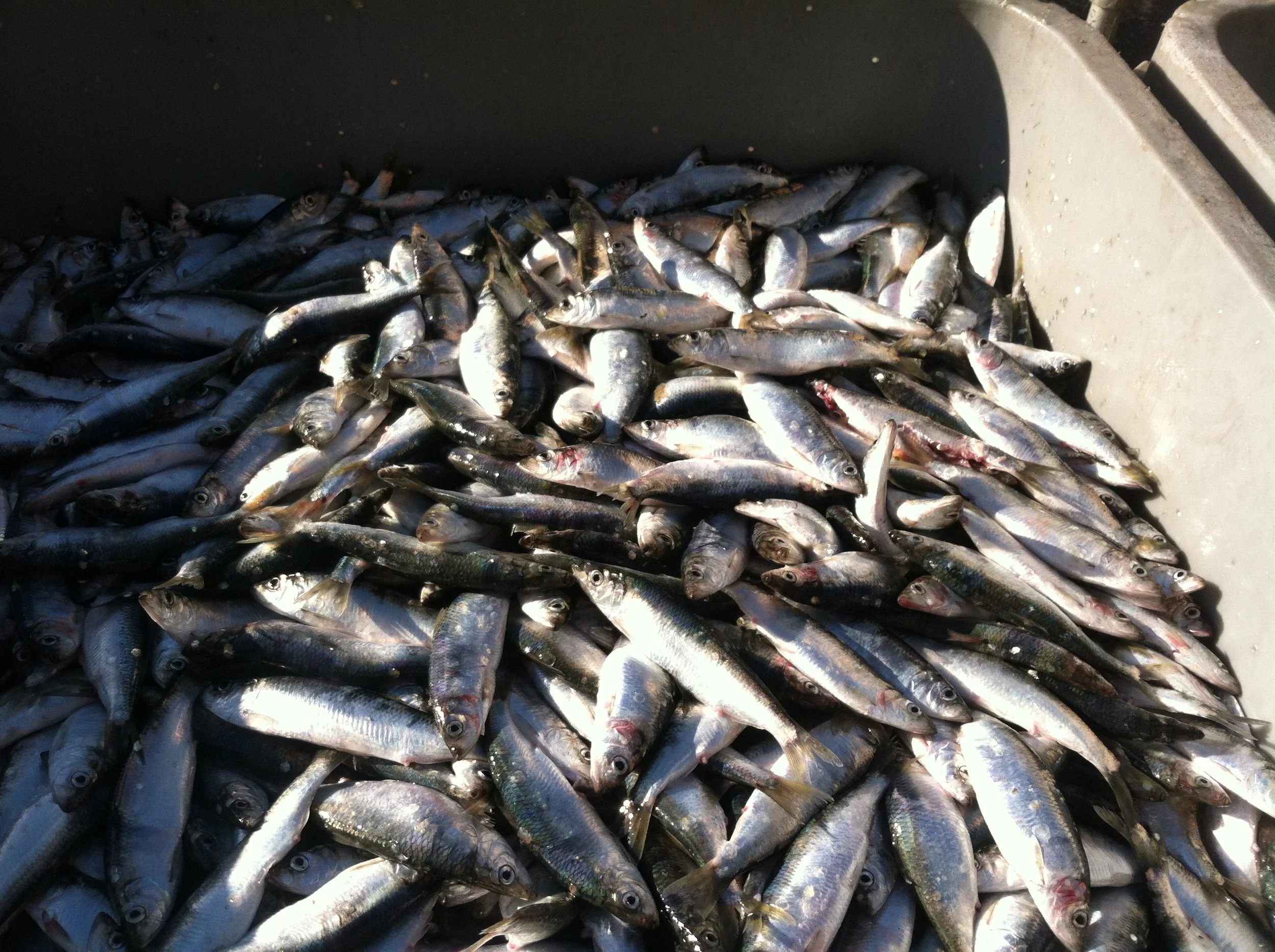The Sacramento fall Chinook and the Klamath fall Chinook have been declared "overfished."
"Overfished" has a clearly defined statistical meaning, established with the Magnuson-Stevens Act in 1976, and modified with a couple amendments over the decades. Overfishing occurs when a single year exploitation rate exceeds the maximum fishing mortality threshold, based on the geometric mean of... postseason estimates of spawning escapement... forecast models.... stock abund.... spawner equiva.....
WAIT! Did I lose you??! Did you stop at "overfished"? Did you maybe jump to the conclusion that fishing is the problem?
Salmon populations are down this year. But not because they have been overfished. They are drought-affected, they are environmentally devastated, they are habitat starved.
For many species and fisheries, fishing contributes to population decline. But not west coast salmon. Applying "overfished" to these fish hides the real problems and the real solutions for rebuilding these beautiful and iconic fish populations.
Fishery managers agree. National Marine Fisheries Service doesn't like it. California Department of Fish and Wildlife doesn't like it. Federal lawmakers are working to change the vocabulary in the latest round of Magnuson-Stevens Act amendments.
For now, though, we are stuck with "overfished." Don't be fooled.

